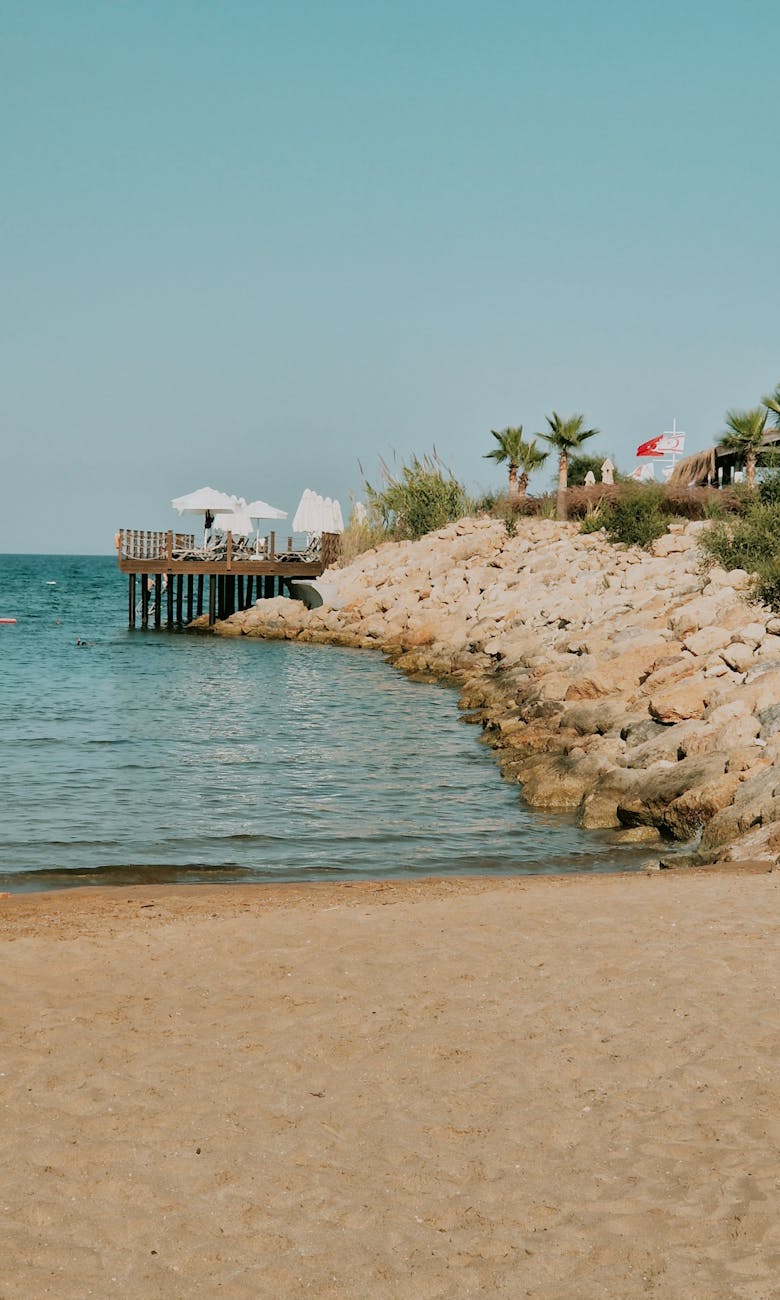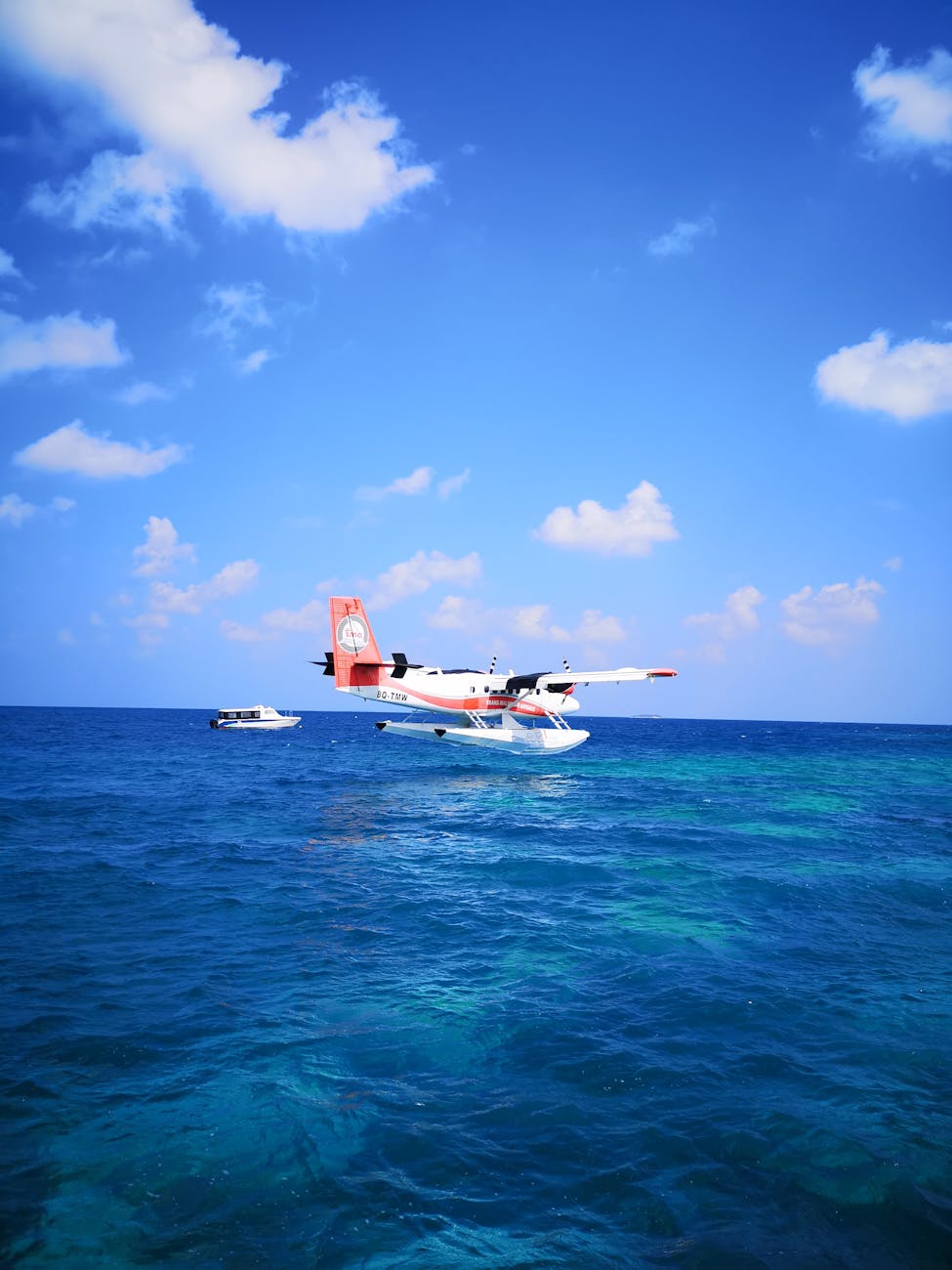Is island hopping the ultimate eco-tourism adventure of 2023? This question is bubbling with excitement as more travelers seek sustainable experiences that connect them with nature while promoting conservation. Island hopping offers breathtaking scenery, rich cultural experiences, and opportunities to engage with local communities, making it a top choice for eco-conscious adventurers. By exploring multiple islands, travelers have the unique chance to witness biodiversity in a way that simply isn’t possible in more conventional tourism settings. As such, island hopping not only fosters awareness of environmental issues but also nurtures a sense of responsibility for preserving these natural wonders.
Furthermore, hopping from one island to another creates the perfect blend of relaxation and exploration. Each destination showcases its unique ecosystems, ranging from lush rainforests to coral reefs teeming with life. The adventure doesn’t merely revolve around visiting new places; it transforms into a meaningful journey that leaves participants with lasting memories and a deeper appreciation for our planet. With this in mind, let’s dive into why island hopping may truly be the ultimate eco-tourism adventure of 2023.
There is something undeniably enchanting about the pristine landscapes associated with island life. Traveling from island to island allows visitors to absorb diverse natural environments, from dramatic cliffs to serene beaches adorned with golden sands. Each island boasts its own unique flora and fauna, inviting eco-tourists to become explorers in their own right. Witnessing the delicate balance of these ecosystems firsthand creates an emotional connection, stirring a passion for environmental preservation that transcends the merely personal experience. Adventure seekers are encouraged to hike through lush jungles or snorkel in vibrant coral gardens, creating an intimate bond with the remarkable natural world.
Transitioning between islands, travelers often experience the thrill of chasing rare wildlife or marveling at breathtaking sunrises and sunsets. Such up close experiences speak volumes about the significance of protecting these habitats and motivate visitors to share their newfound appreciation with others. Observing wildlife in their natural habitats fosters a profound respect and admiration for the planet, emphasizing the idea that humans and nature are intertwined in a delicate dance that must be nurtured for future generations.
Island hopping presents an incredible opportunity to engage with local cultures, fostering a sense of connection that standard tourism often lacks. Each island has its own stories, traditions, and practices that contribute to a rich cultural tapestry. Interacting with local communities offers travelers a chance to learn about their customs, cuisine, and history, creating a deeper understanding and appreciation for diverse ways of life. Simple acts such as joining in on traditional dances or participating in local cooking classes can transform a trip into a more enriching experience. These connections not only create lasting memories but can also motivate travelers to invest in sustainable tourism initiatives.
Travelers often find that spending time with locals fosters mutual respect and understanding, encouraging the exchange of ideas and philosophies. These cultural interactions emphasize the importance of maintaining cultural heritage while also promoting sustainable practices. As a result, adventurers can help support community initiatives that prioritize environmental protection and cultural preservation, effectively becoming ambassadors for sustainable living. This heartfelt connection often leads to unforgettable experiences and friendships that endure long after the journey ends, reinforcing the notion that eco-tourism is about creating a positive impact.
The essence of eco-tourism lies in promoting responsible travel practices, and island hopping is no exception. Modern tour operators increasingly prioritize sustainable transportation methods, utilizing eco-friendly boats and minimizing their carbon footprint. By choosing practices such as sailing, travelers can revel in the gentle embrace of ocean breezes while treading lightly on our precious planet. Every wave and ripple experienced offers a reminder of nature’s fragility and the importance of conservation efforts.
Additionally, many eco-tour operators actively engage in protecting the marine environments they explore. By implementing strict guidelines on snorkeling and diving, they ensure that travelers can enjoy their aquatic adventures while also safeguarding coral reefs and marine life. Such responsible engagement enables eco-conscious tourists to become stewards of the environment, contributing to initiatives that protect habitats. Ultimately, the experience of gliding over crystalline waters and observing vibrant marine ecosystems reinforces the significance of sustainable practices, further motivating participants to become advocates for preserving these stunning environments.
The extraordinary diversity of ecosystems found throughout the islands serves not only as a backdrop for adventure but also as a crucial reminder of the importance of biodiversity. Island hopping allows travelers to witness the intricate relationships that exist between various species, showcasing how interconnected and balanced our planet’s ecosystems are. Exploring the myriad of habitats, from tropical rainforests to delicate wetlands, offers eye-opening insights that deepen the appreciation for life in all its forms. Consequently, experiencing this rich biodiversity highlights the consequences of human impact on these fragile ecosystems, sparking discussions around conservation and protection.
In this context, eco-tourists become part of a larger narrative focused on fostering conversation around preserving biodiversity, especially in regions vulnerable to climate change or over-tourism. By engaging with researchers and conservationists during their travels, participants can gain actionable knowledge and even contribute to local sustainability projects. This unique perspective empowers travelers to take part in the crucial mission of environmental stewardship, transforming their journey into a force for good. Each island explored subsequently contributes to a broader understanding of the vital role biodiversity plays in maintaining the health of our planet.
In summary, island hopping emerges as more than just an exciting escape; it represents an opportunity to embrace the beauty of our planet while promoting sustainability and responsible travel. The connections forged with nature and local communities deepen participants’ commitments to conservation, highlighting the profound impact of eco-tourism experiences. Each journey taken through these stunning landscapes serves as a reminder of the shared responsibility to protect our natural and cultural treasures.
Every island visited, each person met, ultimately shapes the traveler’s understanding of what it means to appreciate and preserve the planet. As eco-tourists continue to prioritize meaningful experiences, island hopping stands out as a thrilling, distinctive adventure ripe with possibilities, encouraging exploration while fostering a sense of stewardship. It perfectly encapsulates the ethos of adventure that aligns with environmental consciousness, making it a standout choice for eco-tourism in 2023.
- Is island hopping suitable for families with children?
Absolutely! Many tour operators cater to families, offering child-friendly activities such as snorkeling, educational tours, and nature hikes that foster a love for the outdoors in younger generations.
- What should I pack for an island hopping adventure?
Essential items include sunscreen, a reusable water bottle, comfortable clothing, swimwear, and biodegradable toiletries to ensure minimal impact on the environment.
- Can I participate in conservation efforts during my trip?
Yes! Many islands offer volunteer opportunities where travelers can assist with local conservation projects, making their experience both valuable and impactful.
- How can I find eco-friendly tour operators?
Research online for reviews and certifications, and look for operators dedicated to sustainable practices or member organizations focused on eco-tourism.
- Is it expensive to go island hopping?
Costs vary, but many destinations provide affordable options that create incredible experiences without breaking the bank, especially when compared to traditional luxury tourism.
Image Credit: Pexels





